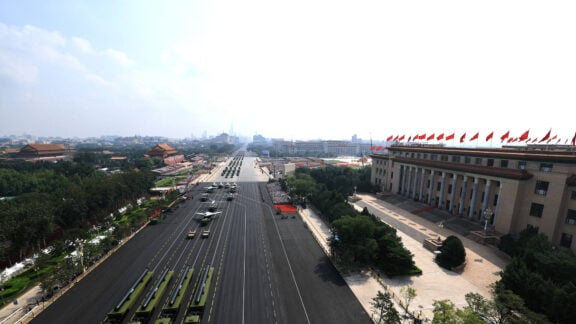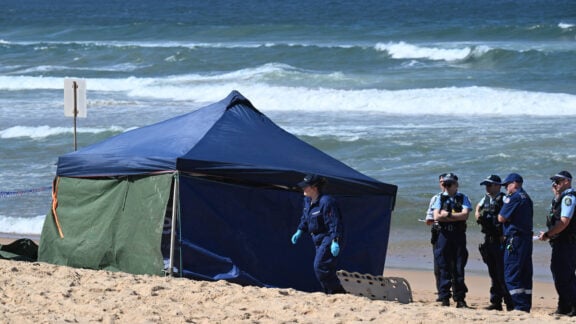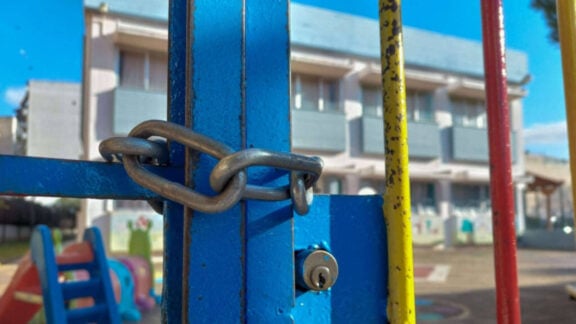As the federal budget moves closer to its submission deadline, Australian Treasurer Josh Frydenberg promises there will be no tax increase this year even though Australia’s deficit is up, however, he warned Australians to expect significant increases in interest rates.
Speaking to The Sunday Age and The Sun-Herald, the Treasurer put Australians on notice that “the market has been pricing in – it’s a statement of fact – higher interest rates in due course”. He also confirmed the budget was likely to upgrade forecasts to reflect the fact that the economy is “on track to an unemployment [rate] with a three in front” of it.
Following two long years of COVID-19 lockdowns, arguably the longest in the world for Victoria, the war in Ukraine as well as the devastating floods in New South Wales and Queensland, prices are naturally going up while wages stay the same or drop.
“Monetary policy is the responsibility of the Reserve Bank. I don’t run a commentary on it other than to say interest rates are at historic lows. And that has seen a household with an average $500,000 mortgage $600 a month better off,” Mr Frydenberg said adding that he is confident Australians entering the mortgage market would cope with rises.
“But the market is pricing in at some point higher interest rates. What I can say is because of our strong economic management, we take responsible decisions which provide better outcomes than you would see under the Labor Party.”
He said he was because of changes forcing lenders to assess home owners’ ability to repay a mortgage at a higher rate, creating an “extra layer of stability in the system”.
When asked regarding the government’s plans to tackle the constantly increasing cost of living in addition to mortgages he noted that Australia has the framework already in place to deal with that. However, he failed to describe what new measures would be put in place to cope with unforeseen circumstances. He did suggest moving 95 per cent of taxpayers to a maximum rate of no more than 30¢ in the dollar, in addition to reforms reducing electricity prices, amending insolvency laws, foreign investment framework, revisiting superannuation rules and forcing Google and Facebook to pay traditional media businesses for generating content.
“We are seeing significantly higher commodity prices that will flow through to inflation here at home and also detract from global growth. We are addressing cost-of-living pressures in a number of ways. Investments in our energy sector have seen electricity prices come down by 8 per cent in the last two years. They doubled under Labor,” he said.
“We put nearly $2 billion of additional support into childcare in this year’s [2021-22] budget and [we are] spending more than $10 billion a year, which is significantly reducing the cost for families.
“And we’ve been rolling out tax cuts, which have helped boost household disposable income through the pandemic. And the LMITO [the low and middle-income tax offset] that I announced in last year’s budget is accessed by people at the end of this financial year.”
- It is worth mentioning that for an average new mortgage of $830,000 in NSW on an existing home, a rise from 2.4 per cent to 3.4 per cent would mean repayments rise from $3692 per month to $4121. A rise to 4.4 per would mean monthly repayments would hit $4576 per month, according to calculations by The Sunday Age.
- For an average new mortgage of $650,000 in Victoria on an existing home, a rise from 2.4 per cent to 3.4 per cent would mean a monthly payment rise from $2,893 per month to $3,229. A rise to 4.4 per would mean monthly repayments would hit $3,586 per month.








